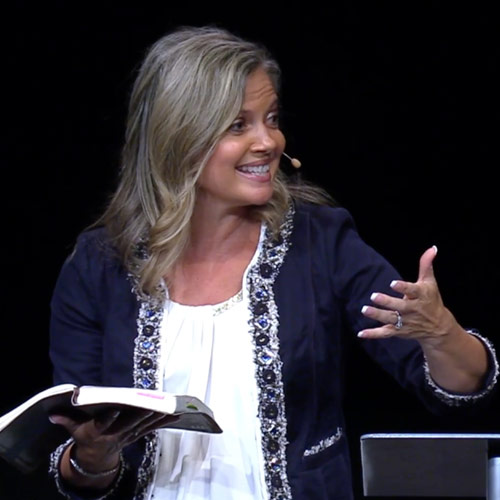A New Perspective to Unlock the Power of the Gospel
I thank my God in all my remembrance of you, always in every prayer of mine for you all making my prayer with joy, because of your partnership in the gospel from the first day until now. Philippians 1:3-5
Paul got excited over these Philippian believers.
Look at his words. He thanked God every time he remembered them. And always, every time he prayed for them, he lifted his prayer with joy.
What made these believers such a source of joy and thanksgiving? Their partnership in the gospel.
I’ll be honest. For a long time I looked at those verses and thought that Paul simply rejoiced because they were helping in the work of kingdom building. But recently God took me deeper. He asked me to consider what that word partnership really meant.
So now I invite you to join me on the path He led me down. Let’s start by defining the gospel itself. Paul defines it for us in 1 Corinthians 15:1-5.
Now I would remind you, brothers, of the gospel I preached to you, which you received, in which you stand, and by which you are being saved, if you hold fast to the word I preached to you—unless you believed in vain.
For I delivered to you as of first importance what I also received: that Christ died for our sins in accordance with the Scriptures, that he was buried, that he was raised on the third day in accordance with the Scriptures, and that he appeared to Cephas, then to the twelve.
The gospel that saves hinges on three important truths.
- Christ died for our sins
- He was buried
- He was raised to new life
Here’s the heart of the gospel, beloved. Death. Burial. Resurrection.
And here’s why I believe we witness so little of the gospel’s power in our own lives. We carry the message of the gospel—Christ’s death, burial, and resurrection— without participating in the gospel ourselves.
We want the resurrection power the gospel proclaims. We just don’t like the means to experience it. Beloved, death and burial must precede resurrection life.
And this, I believe, is what made Paul so excited about these Philippian believers. They had partnership in the gospel from the first day they heard it. They themselves participated in the death, burial, and resurrection, experiencing the transforming work of the cross within their own hearts.
You see, the original Greek word translated partnership in Philippians 1:5 is Koinōnia, which means: close association between persons, emphasizing what is common between them; by extension: participation, sharing…fellowship, communion.
These believers shared in Christ’s suffering, choosing fellowship in the death and burial of their flesh nature, so that they could also experience Christ’s resurrection power. And this led to Paul’s often quoted proclamation in Philippians 1:6.
And I am sure of this, that he who began a good work in you will bring it to completion at the day of Jesus Christ.
Beloved, what if we chose to begin this year with a new way of thinking? What if our partnership in the gospel could be more than just sharing creeds and faith? What if we committed to fellowship with Christ in the power of the gospel instead of just sharing His message?
Oh that Jesus would look upon us with the same joy that Paul felt for those early believers at Philippi! May our lives prove the message of the gospel and proclaim Christ’s kingdom.
For the kingdom of God does not consist in talk but in power. 1 Corinthians 4:20





